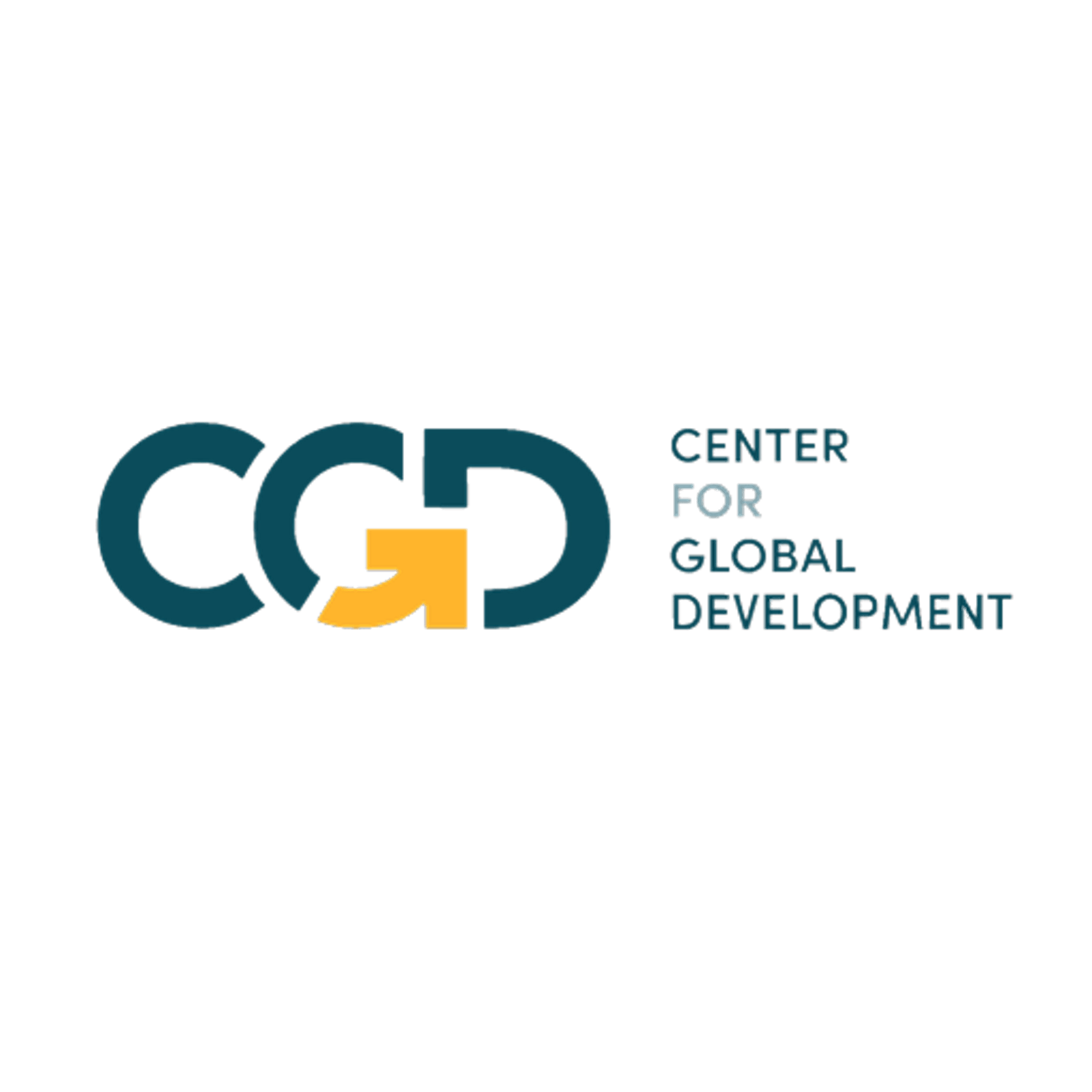Lack of access to quality childcare has been a longstanding issue, especially in low- and middle-income countries, with consequences for children’s and caregivers’ wellbeing and countries’ overall development. Now, COVID-era containment measures, resulting in school and childcare center closures worldwide, have increased unpaid care burdens precipitously, especially for women and girls, and forced the permanent shutdown of many childcare facilities due to lost revenue.
Multilateral development banks (MDBs) have an important role to play to ensure that women and girls don’t get left behind in COVID-19 recovery efforts, and prioritizing investments in quality, affordable childcare will be key to this end. But to date, MDBs have not made childcare a central priority in their lending and policy dialogues with governments. If we truly want to improve women's economic status, as well as support children’s health, nutrition, and broader well-being, it’s time for development banks to start positioning care as essential infrastructure globally.
Development banks must first identify where the needs for affordable, quality childcare are the greatest and address those gaps. My recent analysis with colleagues explored the extent to which MDBs have invested in childcare over time, across geographies, and through various sectors and activities. Using project data from eight multilateral development banks, we compiled all projects with a childcare component that took place from 2000 to June 2021 and found several gaps that could be filled through future investments. For example, funding for childcare programs is currently particularly lacking in the Middle East and North Africa, and more investment is needed in low-income countries in general.
Development banks must also pinpoint the types of childcare models and programs that yield the biggest benefits for both caregivers and children. Our analysis found that while a large proportion of MDB childcare projects currently fall within the education sector, few of these education projects pay attention to their impact on caregivers, whether in terms of women’s labor force participation or mental health, for example.
This finding is consistent with evaluations of early childhood development projects outside of the MDBs, which also by and large ignore caregivers’ outcomes, as reflected in an analysis by my colleagues Dave Evans and Pam Jakiela, along with Health Knauer. MDB projects within the education sector, and more broadly, can be strengthened by integrating a focus on caregivers into results frameworks, providing critical information to inform and strengthen future childcare projects.
Finally, development banks and their shareholders must prioritize this issue in their policy dialogues with country governments, positioning investments in care as essential infrastructure, as the Biden-Harris administration has done in its domestic policy agenda. Encouragingly, the World Bank seems to be on the right track in this regard based on recent signs. Its International Development Association (IDA) financing window is the largest source of concessional loans and grants for the world’s poorest countries, so its upcoming replenishment cycle (IDA20) is a key opportunity to promote a more inclusive recovery—and, in particular, one that reaches and benefits women and girls disproportionately hurt by the COVID-19 crisis. The IDA20 special theme paper on gender and development has included a target on childcare, which will seek to “support 15 IDA countries to expand access to quality, affordable childcare for low-income families.” This is an unprecedented step for International Development Association (IDA) special theme papers on gender, and more broadly. Now this momentum should be translated into a care-focused target in final IDA negotiations, and broader MDB policy priorities.
The COVID-19 pandemic has led to an unprecedented increase in unpaid care work all over the world, causing women to leave the workforce and reversing decades of progress on gender equality. Now is the time for multilateral development banks to make more and smarter investments to ensure families across the globe have access to childcare and that women have greater opportunity to shape their economic futures.

